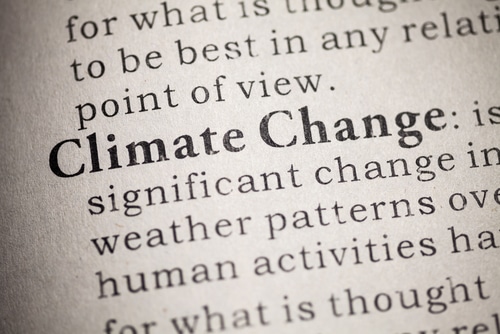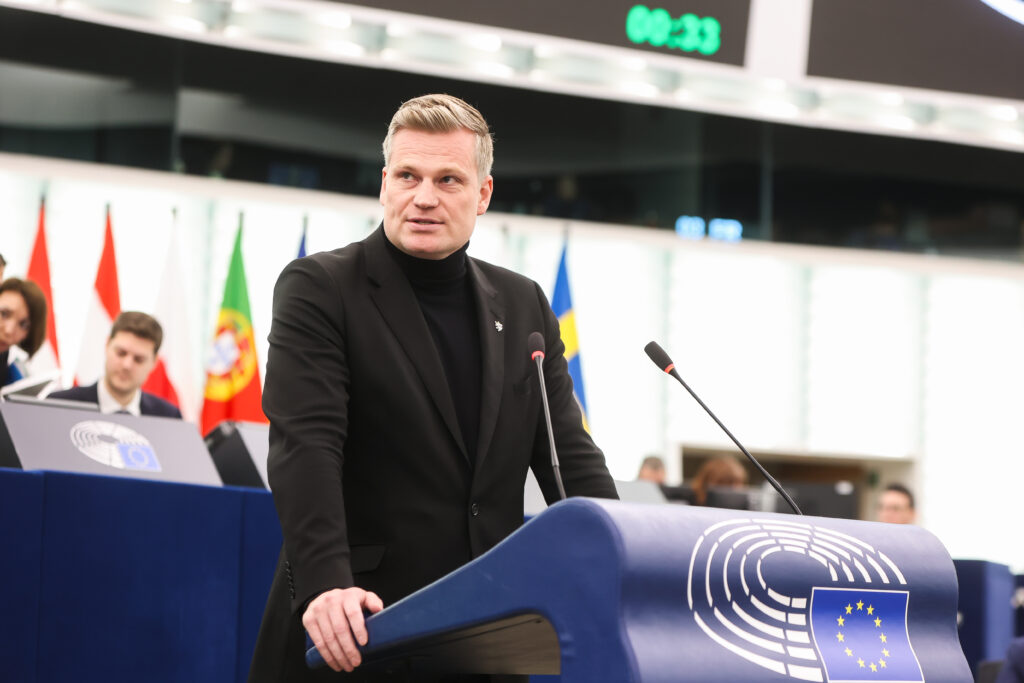A poll commissioned by Green For All and released last week found that 68% of minority voters in key battleground states see climate change as an immediate threat that needs to be dealt with now.
Some 70% said they are more likely to vote for candidates “willing to expand resources to tackle the issue and grow new industries over those arguing that addressing climate change will cost jobs and hurt our economy.”
Just how that compares to the rest of the population is difficult to determine, but it is clear that that’s a higher rate of concern about the climate than the American population at large.
A Pew Research Center poll conducted earlier this year found that just 29% of Americans felt climate change should be a top priority for President Obama and Congress, ranking it second to last out of 20 issues tested.
While the Green For All poll doesn’t speak directly to the question of why minorities might be more likely to be concerned about climate change and other environmental problems like air and water pollution, executive director Nikki Silvestri says, “We understand the urgency of these threats because we experience the effects every single day.”
Indeed, 68% of African Americans live within 30 miles of a coal-fired power plant, compared to 56% of white Americans.
Of course, Americans’ political affiliation is also one of the most reliable predictors of attitude toward the government taking action on climate change. A poll by the Yale Project on Climate Change Communication and the George Mason University Center for Climate Change Communication conducted this Spring showed that the further right one is on the political spectrum, the more likely they are to favor more limited to no action:
A majority of Americans (62%) support the U.S. making a medium (35%) or large-scale effort (27%) to reduce global warming, even if the costs are medium or large, respectively. Democrats are particularly likely to support such efforts (84%, 87% of liberal Democrats). About half of liberal and moderate Republicans (52%) would support these efforts.
Fewer than half of Independents (41%), and only three in ten (30%) conservative Republicans would support a medium- or large-scale effort, while 39% of conservative Republicans say the U.S. should make “no effort” to reduce global warming.
Image by Feng Yu/Shutterstock
Subscribe to our newsletter
Stay up to date with DeSmog news and alerts







